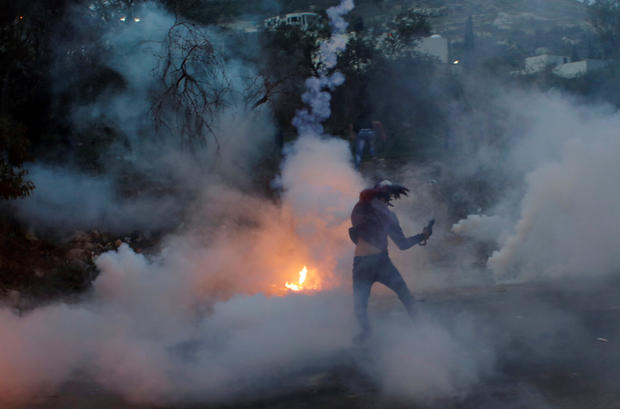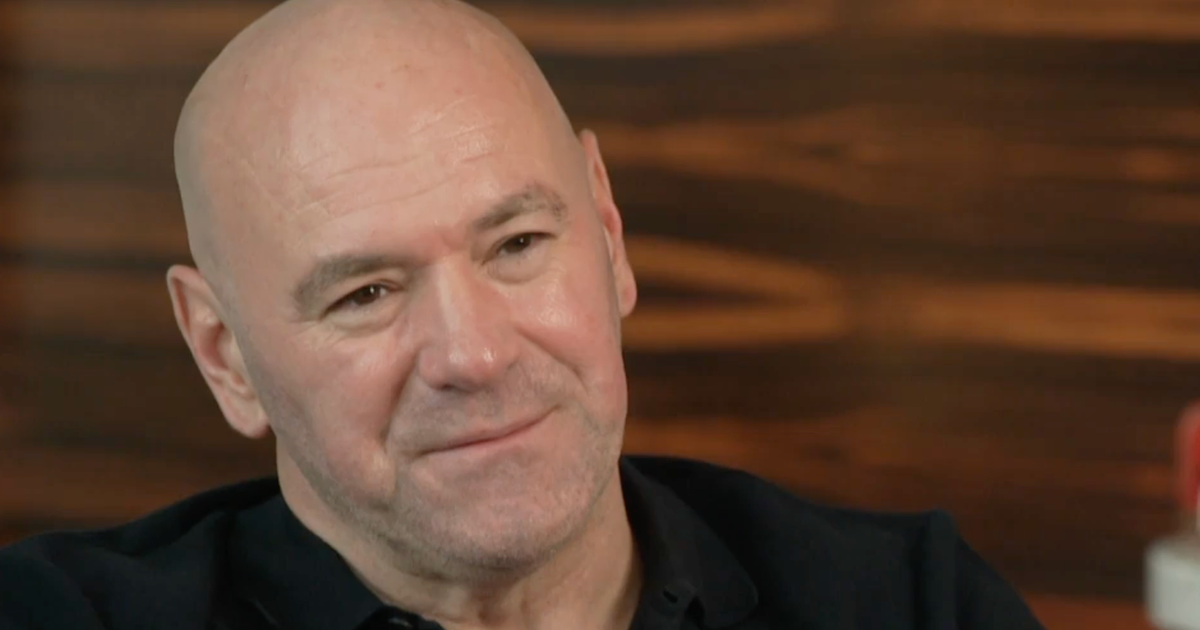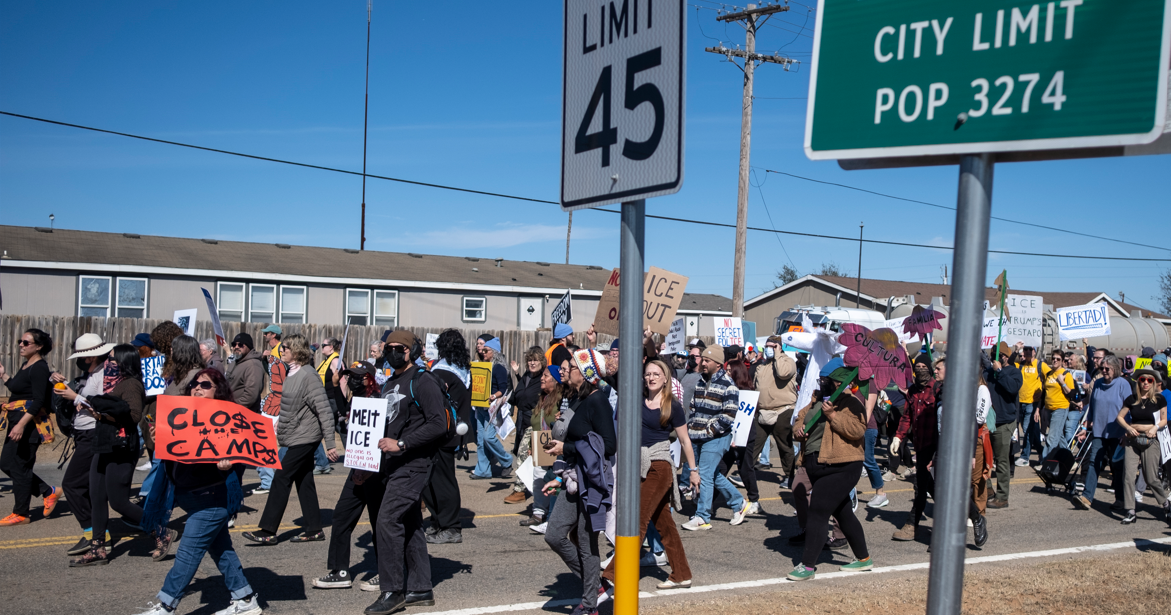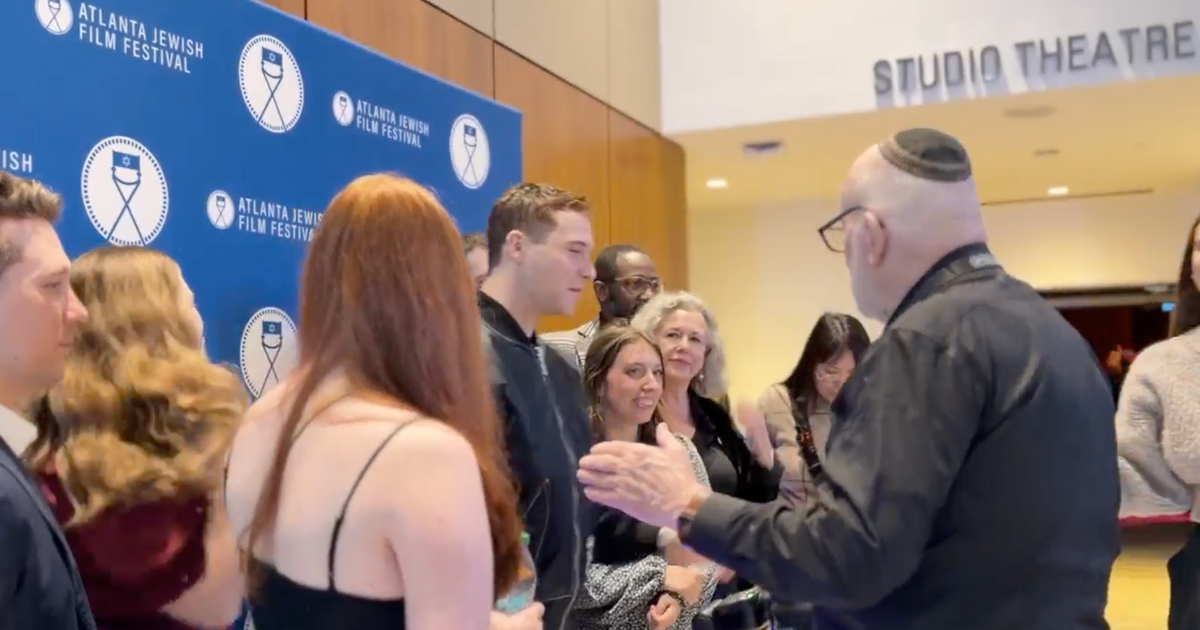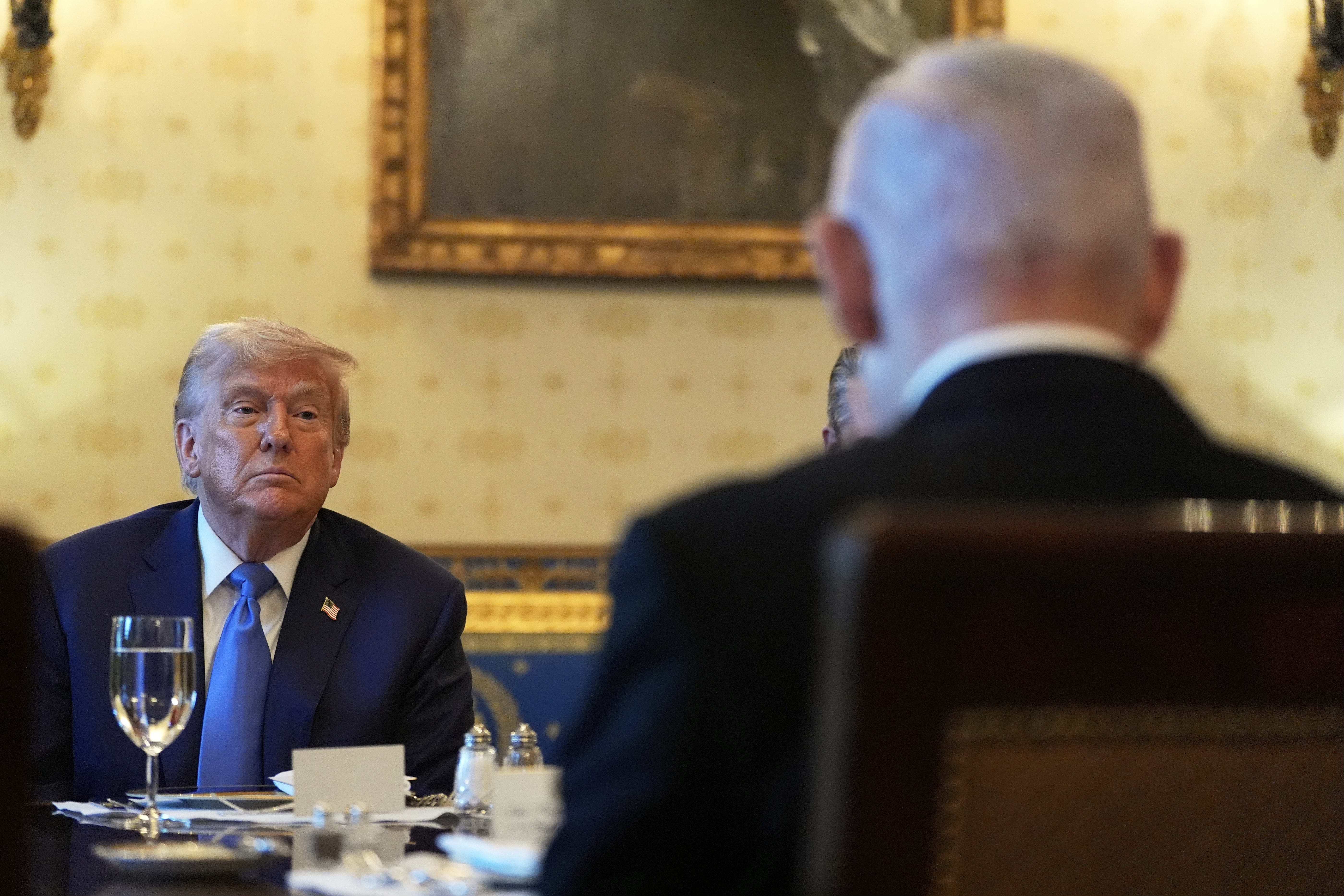2018: What's next for the Middle East and Europe?
"Sunday Morning" begins the New Year with a look ahead based on events of the year gone by, reported by CBS News correspondents from around the world, including correspondent Seth Doane:
Protests that erupted around the world in recent weeks amplified the outrage that drove Palestinians to clash with Israeli security forces. It was all sparked by President Trump's recognition of Jerusalem as Israel's capital.
The status of this city is so controversial because it's home to some of the most sacred sites on Earth to Christians, Jews and Muslims -- all packed incredibly close together, from the Church of the Holy Sepulcher, to the Western Wall, and just beyond it the golden dome of the Dome of the Rock.
Palestinians warned Mr. Trump's policy shift would be detrimental to peace. So we asked veteran Israeli diplomat Alon Pinkas about the future U.S. role as mediator.
"Palestinians say the U.S. has effectively disqualified itself as a negotiator," Doane said.
"Who are they going to ask for assistance?" Pinkas replied. "Uruguay? South Korea? The Klingons?"
"You're saying they can't replace the U.S.?"
"Of course not."
- Why moving U.S. embassy in Israel would be a big deal ("CBS This Morning," 01/23/17)
- Against advice, Trump to recognize Jerusalem as Israel's capital ("CBS This Morning," 12/06/17)
- State Department to caution U.S. officials against travel to Israel (CBS News, 12/06/17)
- Muslim nations plan snap summits on Trump's Jerusalem move (CBS News, 12/06/17)
- Hamas calls for new Palestinian uprising against Israel over Trump's Jerusalem move (CBS News, 12/07/17)
- Israel minister wants to name Western Wall train station after Trump (CBS News, 12/27/17)
In Syria, the major advance this past year was the defeat of ISIS in Raqqa, the terror-group's self-proclaimed capital.
In Damascus, Doane met a tamarind juice seller. "The fighting affects us psychologically," Abu Mohammed said, "but we'll stay strong as long as our leader Assad is strong."
With such support, President Bashar al-Assad shows no signs of backing down after more than six years of war.
- After ISIS, Iraqi cities in ruins with little cash to rebuild (CBS News, 12/28/17)
Iraq's prime minister declared victory in the war against ISIS in his country, while neighbor Iran continued to grow its power. That's seen as a threat to Saudi Arabia, where Crown Prince Mohammed bin Salman is consolidating his power, and waging a high-profile war on corruption.
- The prince behind Saudi Arabia reforms ("CBS This Morning," 11/27/17)
In Europe, the region of Catalonia voted for independence from Spain in an October referendum deemed "illegal" by Madrid. In Barcelona, amid a sea of demonstrators who opposed independence, one man carried the makings of a traditional Catalan dish.
Doane asked him, "You think Catalonia and Spain should be together like bread and tomato should be together?"
"Yeah, always, always," Toni Cano replied.
Despite that vote, Catalonia did stay part of Spain, but a new election in late December showed renewed support for independence, setting up for a showdown in 2018.
In Austria, the far-right Freedom Party tasted power, and in Italy an upcoming election in March is seeing a new populist party gain momentum, while a familiar face re-emerges: 81-year-old Silvio Berlusconi is a behind-the-scenes kingmaker for a coalition of parties on the right.
At the Vatican, Pope Francis is facing his own political struggle. Conservatives in the church have criticized the pontiff for sowing confusion with his more liberal reforms.
In 2018 the Pope must re-ignite financial reforms that have slowed; deal with sex abuse scandals that still plague the Church; and tackle a host of issues, including a shortage of priests.
2018 hasn't yet begun, but already appears eventful.
- Pope Francis defends immigrants at Christmas Eve Mass (CBS News, 12/24/17)
- Pope Francis admits Catholic Church realized sex abuse problem "a bit late" (CBS News, 09/21/17)
- St. Francis + Pope Francis ("Sunday Morning," 04/16/17)
See also:
